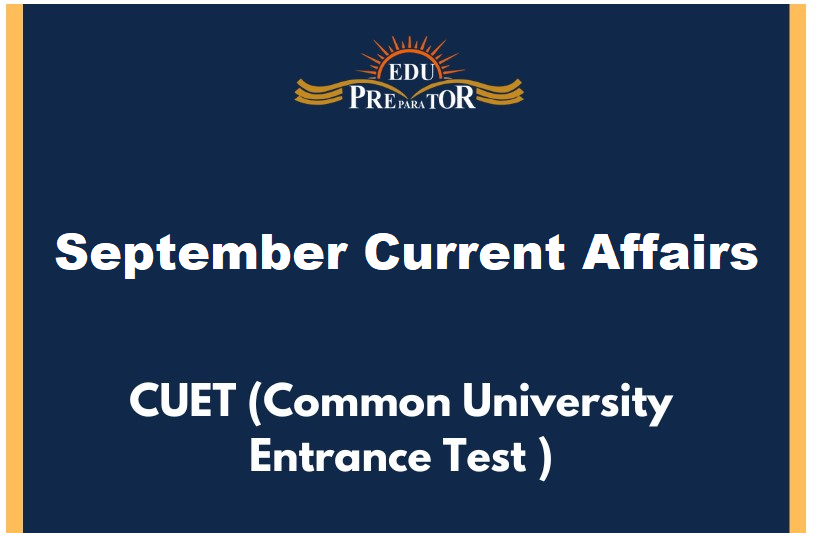
CUET 2025 -The Supreme Court's Ruling on 'Effective Consultation' in Judicial Appointments
The Supreme Court's Stance on 'Effective Consultation' in Judicial Appointments
- The Supreme Court recently stressed the significance of seniority and effective consultation in the appointment of High Court judges.
- This stance was made prominent in a case involving the Himachal Pradesh High Court.
- The Supreme Court ruled that a 'lack of effective consultation' in judicial appointments falls within the scope of judicial review.
- They directed a reconsideration of two judicial officers recommended for elevation, highlighting the importance of procedural adherence.
Understanding the Case at Hand
- Two District judges recommended for elevation by the Himachal Pradesh HC collegium were asked for reconsideration by the SC collegium.
- The case reflected the necessary involvement of collective consultation among Chief Justices and senior-most judges of HC.
- This ruling reinforced the need for strict adherence to established procedures in judicial appointments and emphasised the importance of seniority.
High Court Judges Appointment Procedure
- The appointment of High Court Judges adheres to a procedure based on the collegium system established via landmark judgements like the Second Judges Case (1993) and the Third Judges Case (1998).
- The collegium system authorises the judiciary to suggest appointments and transfers of judges, primarily limiting the government's role.
- A Memorandum of Procedure (MoP) was formalised for High Court judge appointments after the Third Judges Case.
What is a Collegium System of Judicial Appointments?
- The collegium system, not established by an Act of Parliament or by a provision of the Constitution, is a method of appointing and transferring judges of the Supreme Court and High Courts, evolved through the Supreme Court's judgements.
- It was introduced from the Second Judges Case (1993), making the SC collegium's recommendations binding on the central government and providing the judiciary the power to appoint and transfer higher judiciary judges.
- The Head of the Collegium system is the Chief Justice of India (CJI) for SC and the Chief Justice of the concerned High Court in the case of HC.
Critiques of the Collegium System
- The system has been condemned for its lack of transparency, giving limited public insight into the appointment process.
- There are concerns that personal relations within the judiciary may influence appointments, possibly leading to nepotism.
- The efficiency of this system is also questioned due to the absence of a permanent commission for judicial appointments, which can lead to delays in filling vacancies.



Comments
Nam cursus tellus quis magna porta adipiscing. Donec et eros leo, non pellentesque arcu. Curabitur vitae mi enim, at vestibulum magna. Cum sociis natoque penatibus et magnis dis parturient montes, nascetur ridiculus mus. Sed sit amet sem a urna rutrumeger fringilla. Nam vel enim ipsum, et congue ante.
Cursus tellus quis magna porta adipiscin
View All